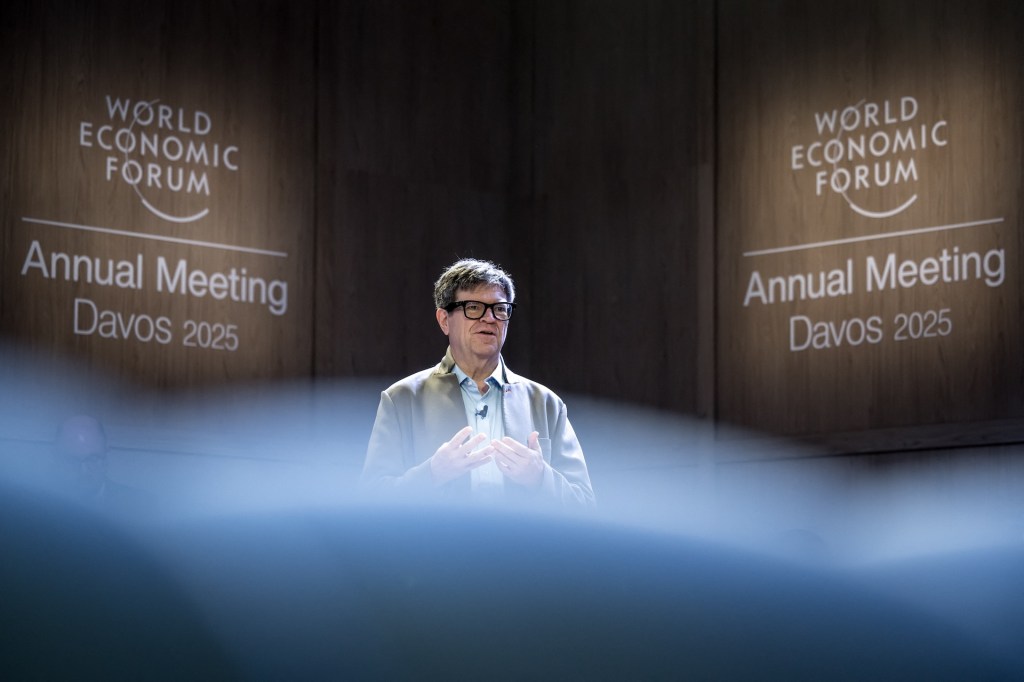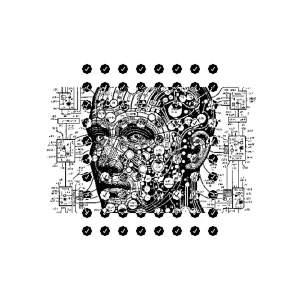When Yann LeCun joined Meta in 2013, he wasn’t just taking another academic appointment, he was making a statement about the future of AI research. The Turing Award winner and deep learning pioneer believed Big Tech could champion open science while still building commercially viable products. Twelve years later, that vision appears to be collapsing.
According to multiple reports from The Financial Times and TechCrunch, LeCun is planning to exit Meta to launch his own startup focused on “world models”, AI systems that understand physical reality rather than just processing language. This isn’t just another executive shuffle. It’s a referendum on whether corporate AI research can remain truly open when the competitive stakes reach trillions of dollars.
The Unraveling of Meta’s Open Research Promise
LeCun’s departure comes at a pivotal moment for Meta’s AI strategy. The company has undergone what can only be described as an existential crisis in its approach to artificial intelligence. After watching OpenAI, Google, and Anthropic surge ahead with increasingly capable models, Mark Zuckerberg pulled the emergency brake earlier this year.
The result was Meta Superintelligence Labs (MSL), a new organization led by Scale AI founder Alexandr Wang, who came packaged with Meta’s $14.3 billion investment in his data-labeling company. This move fundamentally reshuffled the power dynamics within Meta’s AI research division.
Suddenly, LeCun, who had previously reported to Meta’s chief product officer Chris Cox, found himself reporting to Wang, a 28-year-old founder whose company specializes in the kind of data annotation work that stands in stark contrast to LeCun’s vision of autonomous learning systems.
The reorganization didn’t stop there. Meta’s Fundamental AI Research (FAIR) lab, LeCun’s brainchild and home to much of the company’s groundbreaking open research, has been systematically “de-prioritized and de-resourced over the last year”, as one industry observer noted. The new AI organization getting all the money “is anti-open research”, suggesting we’ll see “way less open source soon.”
The Research Freedom That Wasn’t
Behind the corporate restructuring lies a deeper philosophical divide. LeCun has been openly skeptical about the current AI gold rush, particularly the industry’s obsession with large language models. “It seems to me that before ‘urgently figuring out how to control AI systems much smarter than us’ we need to have the beginning of a hint of a design for a system smarter than a house cat”, he famously tweeted.
This skepticism put him increasingly at odds with Meta’s product-focused direction. According to The Decoder, LeCun clashed with new internal publication rules requiring extensive internal review before research could be published, a policy many team members saw as a threat to academic freedom.
The timing is particularly telling. LeCun’s departure follows the April exit of Joelle Pineau, who led FAIR’s research efforts and has since joined Canadian AI startup Cohere. Together, these moves suggest a systematic dismantling of Meta’s once-vaunted open research infrastructure.
World Models vs. Language Models: The Philosophical Schism
LeCun’s planned startup represents more than just a career move, it’s a bet against the entire direction of mainstream AI development. While companies like OpenAI and Google pour billions into scaling existing transformer architectures, LeCun has called LLMs a “dead end” for achieving human-like intelligence.
His proposed alternative? World models, AI systems that develop an internal understanding of their environment to simulate cause-and-effect scenarios and predict outcomes. This approach, embodied in his Joint Embedding Predictive Architecture (JEPA), aims to build systems that learn by observing the physical world rather than just processing text.
“We’re never going to get to human-level A.I. by just training on text”, LeCun declared during a Harvard talk in September. “Despite what you might hear from some of the more optimistic-sounding CEOs of various A.I. companies in Silicon Valley, it’s just not going to happen.”
He’s not alone in this pursuit. Stanford’s Fei-Fei Li has raised about $230 million for her startup World Labs, which similarly seeks to give AI “spatial intelligence.” Google DeepMind has explored world models through its Genie releases, and Nvidia is pushing into physical AI with products like its Cosmos world models.
The Open Source Exodus Accelerates
What makes LeCun’s departure particularly significant is what it signals about the future of corporate AI research. When he joined Meta, the company positioned itself as the antithesis to Google’s and OpenAI’s more guarded approaches. Meta’s open sourcing of frameworks like PyTorch and models like Llama positioned the company as a champion of academic freedom and collaborative development.
That commitment appears to be waning. As one Reddit commenter observed, “Meta open sources a lot of useful AI. They just released a bunch of universal translation models and DinoV3 is in a class of its own in understanding images.” But crucially, these releases came from FAIR, LeCun’s organization that has been losing influence to the more commercially-focused MSL.
The distinction between “academically interesting” and “commercially useful” open source is becoming increasingly stark. While Meta continues releasing research tools like DINOv3 (a vision embedding model), the company has grown more cautious about sharing technology with direct commercial applications. As another commentator noted, “What I mean is that going forward Meta will probably avoid publishing commercially useful research that could potentially give advantages to their competitors.”
What LeCun’s Startup Means for AI’s Future
LeCun’s move into the startup world represents a fascinating test case: can foundational AI research thrive outside the corporate behemoths that currently dominate the field? His name alone “is enough to attract investment that will give him a reasonable research team and access to compute”, as one industry watcher put it.
The bet is that a leaner, more focused organization, potentially staffed by researchers recently laid off from FAIR, could advance LeCun’s world model research faster than the increasingly bureaucratic Meta machine.
This isn’t just academic curiosity. LeCun’s approach to AI represents a fundamentally different path to artificial general intelligence. While current LLMs excel at pattern recognition and language manipulation, they struggle with basic reasoning, planning, and understanding physical reality. LeCun’s world models aim to address these limitations by building systems that learn through observation and interaction rather than text processing alone.
The Broader Implications for AI Research
LeCun’s departure from Meta reflects a broader industry schism that’s been brewing for years. On one side stand the scaling maximalists who believe bigger models trained on more data will eventually yield true intelligence. On the other side are researchers like LeCun who argue that current architectures are fundamentally limited and that new approaches are needed.
This philosophical divide is now manifesting in organizational structures. The fact that a researcher of LeCun’s stature, a Turing Award winner who helped lay the foundations of modern deep learning, feels compelled to leave one of the best-funded AI research organizations in the world speaks volumes about the current state of corporate AI research.
It suggests that even with near-unlimited resources, the pressure to deliver commercially viable products in the short term is undermining the kind of blue-sky research that might ultimately prove most transformative.
The Open Research Diaspora
LeCun won’t be the last prominent researcher to strike out on their own. The combination of massive available capital, proven talent poaching from big tech, and growing frustration with corporate bureaucracy is creating ideal conditions for an AI research diaspora.
We’re already seeing this pattern with other high-profile departures from major tech companies. Researchers who spent years working within corporate constraints are now realizing they can pursue their visions more directly, and potentially more profitably, outside the traditional tech giants.
This trend could fundamentally reshape the AI landscape. Rather than a handful of tech giants dominating research direction, we might see a flowering of specialized research startups, each pursuing different approaches to AI’s fundamental problems.
The End of an Era, Or Just the Beginning?
LeCun’s departure from Meta marks the end of an important chapter in corporate AI research. It signals that the era of Big Tech as benevolent patrons of open AI science may be drawing to a close, replaced by a more competitive, guarded approach as the technology’s commercial implications become clearer.
But it also heralds a new phase for AI development, one where foundational research may increasingly happen outside corporate walls, funded by venture capital rather than advertising revenue. The success or failure of LeCun’s venture will serve as a crucial test case for whether this model can produce breakthroughs comparable to what we’ve seen from well-funded corporate labs.
The real question isn’t whether LeCun can build a successful startup, given his track record and reputation, that seems almost inevitable. The more significant question is whether his departure represents the beginning of a broader fragmentation of AI research, where the most ambitious ideas are pursued outside the very companies that currently dominate the field.
One thing is certain: when the godfather of convolutional neural networks decides the future of AI lies outside one of the world’s best-funded research organizations, we should all pay attention. The revolution in how we build intelligent systems may be leaving the building, literally.




